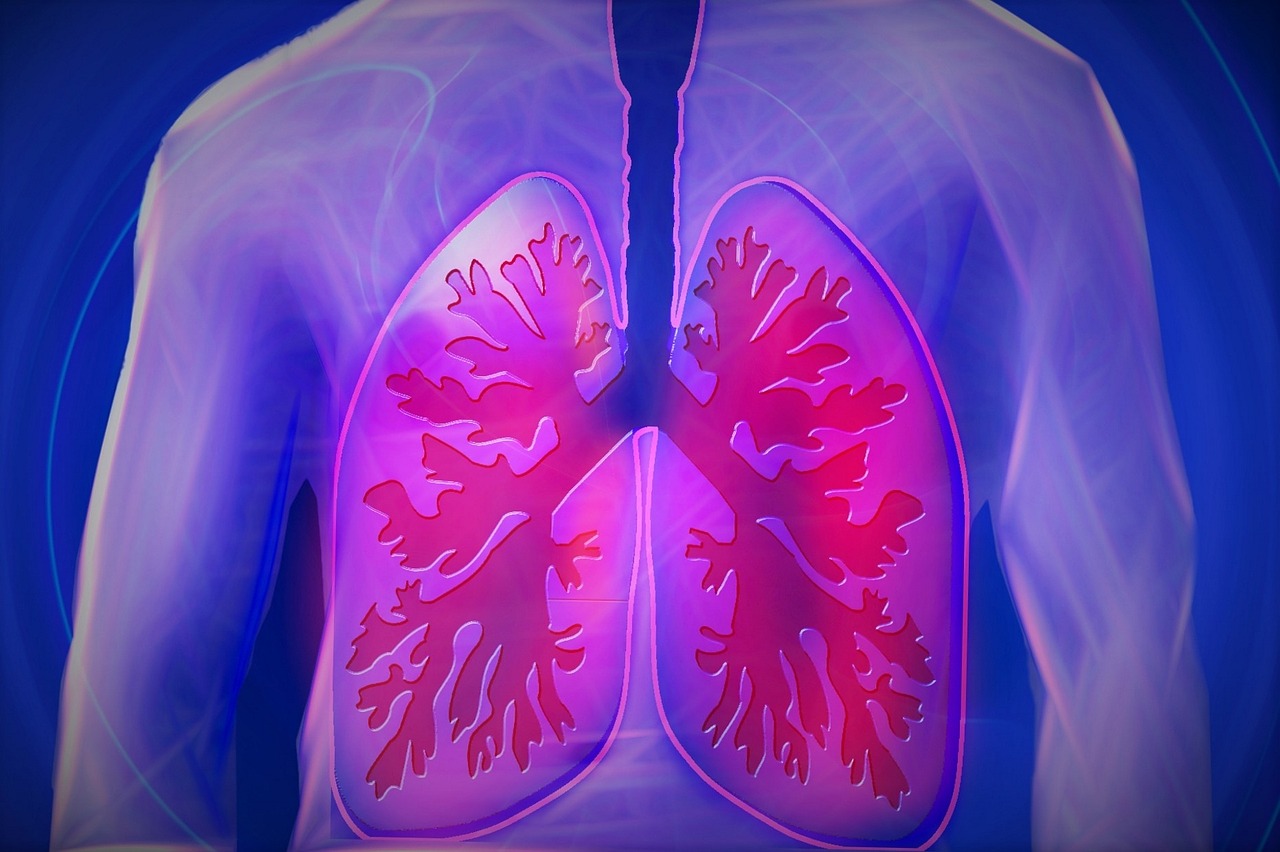
Hospice Care Has 5 Important Tips For Lung Health
Lung health is important for every one of all ages, but particularly for aging seniors who may already have a host of other health conditions going on. Smoking can aggravate existing conditions, as well as cause cancer, chronic bronchitis, pneumonia, and emphysema.
Approximately 36 million Americans still smoke cigarettes, with tobacco use being the single largest preventable cause of disease and premature death in the world, according to the American Cancer Society. While cigarette smoking rates have plummeted dramatically (from 42% in 1965 to 15% in 2015), cigar, pipe, and hookah use are increasing. That’s because there’s no “safe” way to smoke tobacco: whether you smoke or chew tobacco, it’s not good for your health — particularly when it comes to your lungs.
This November 16 marks the American Cancer Society Great American Smokeout event, aimed at raising awareness of the dangers of smoking and the benefits of quitting. Many of the seniors we see in hospice care have long since quit smoking. However, the lasting effects of tobacco use can be seen for years after quitting. That being said, it’s never too late to quit. The statistics say it all:
- 1 year after quitting: Your risk of coronary heart disease is half that of someone who still smokes, while your heart attack risk drops dramatically.
- 5 years after quitting: Your risk of cancers of the mouth, throat, esophagus, and bladder is reduced by half.
- 10 years after quitting: The risk of dying from lung cancer is half that of someone who still smokes.
- 15 years after quitting: The risk of coronary heart disease is that of a non-smoker’s.
Keeping Lungs Clear
November is also COPD Awareness Month, Lung Cancer Awareness Month and World Pneumonia Day on the 12th. In honor of these, Pathways hospice care offers you five tips for healthy lungs:
1. Decrease Risk for Exposure to Wildfire Smoke
It’s important to note that not all ill effects from smoke come from ingesting smoke willingly. Many lung illnesses arise from ingesting smoke from wildfires. In fact, those who have heart or lung diseases, such as heart disease, chest pain, lung disease, or asthma, are at higher risk from wildfire smoke, with older adults more likely to be affected by smoke due to their increased risk of heart and lung diseases, says the CDC.
Keep an eye on air quality reports and keep your senior loved one’s indoor air quality as clean as you can. You can do this by keeping windows closed and running air conditioners in the summer, provided the fresh-air intake is closed and the filter is clean. Avoid burning candles, gas stoves and fireplaces. If your senior loved one lives in the path of an impending wildfire, help them evacuate. Follow evacuation orders and designated routes, planning for heavy traffic.
2. Engage in Exercise
Even light exercise such as walking around the block can boost cardiorespiratory fitness, keeping the heart and muscles supplied with plenty of oxygen. Regular exercise is critical for those with chronic lung disease, says Health.com. Stay fit and active in order to keep the lungs working properly.
3. Eat Healthier
What you eat can have an effect on your lungs. Studies show that foods high in antioxidants can improve lung health and prevent diseases from developing. Gravitate towards leafy greens, broccoli, cauliflower, and cabbage to provide the most protection.
4. Get Annual Shots
Respiratory infections are dangerous for older folks with lung problems. Being proactive in receiving annual flu shots and vaccines for those over 65 is imperative. The CDC points out that people with asthma or COPD are at a higher risk for serious problems stemming from vaccine-preventable diseases. COPD and asthma can close up the airways as they become blocked with mucus, making it difficult to breathe. Vaccine-preventable diseases can result in pneumonia and other serious respiratory illnesses.
5. Take Medications as Directed
For example, COPD, the third leading cause of death in the U.S., is best treated with inhaled bronchodilators, steroids to reduce inflammation and other oral medications, according to the COPD Foundation. Failure to take medications as directed can result in wheezing, breathlessness, chest tightness and coughing, as well as increased risk of viral and bacterial infections. It’s imperative to stay on top of regular doctor visits and continue all medication so as to avoid becoming a statistic. This disease kills 120,00 people every year.
Contact Pathways Home Health and Hospice
Does your loved one suffer from COPD, pneumonia, lung cancer or other lung disease? We can offer more tips on how you can help them keep their lungs healthy. Contact us now to learn more at 888-755-7855 and to inquire about home care or hospice. Pathways Home Health and Hospice can connect you with the care you need right now.

